Jharkhand
Jharkhand
The Challenges
Parts of Jharkhand are highly vulnerable to climate change, with erratic rainfall patterns, severe droughts and heavy winds wreaking havoc on already vulnerable tribal populations. A lack of knowledge on water and soil conservation, has led to severe soil erosion and sedimentation – impacting livelihoods and driving families further into poverty.
WOTR’s Approach
WOTR reduces poverty in Jharkhand, by initiating integrated watershed development and sustainable livelihoods programs. By helping tribal households enhance their livelihood security through the sustainable management of natural resources, WOTR is tackling poverty here, at the root.
Presence
WOTR is currently working in 600 villages across 8 blocks in 4 districts of the state. These districts are Gumla, Khunti, Ramgarh, and West Singhbhum.
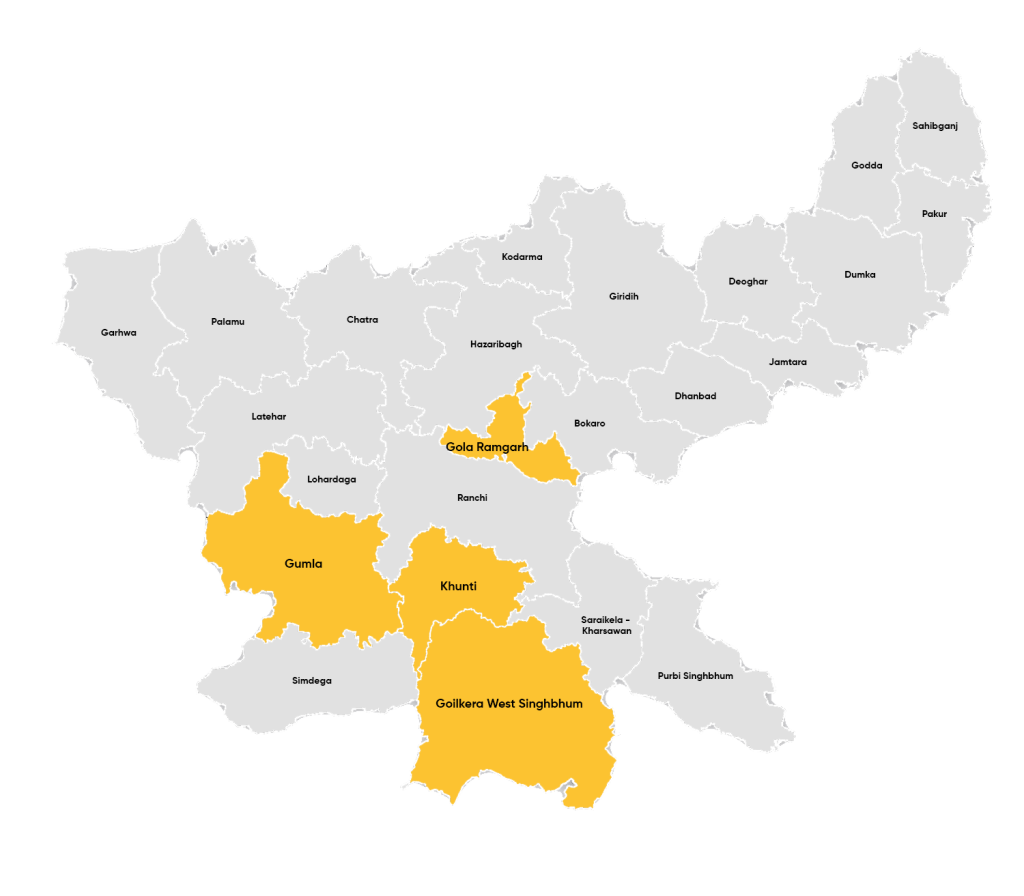
Flagship Programmes
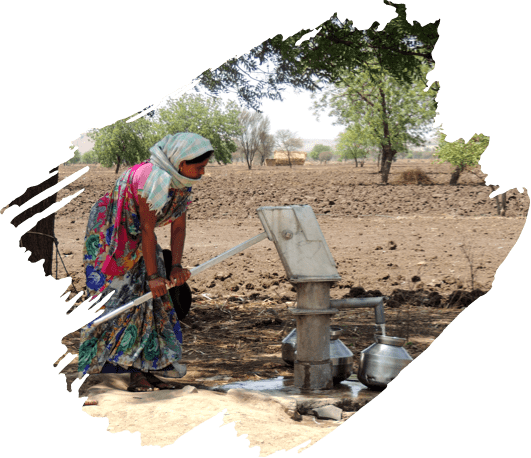
Water and Land Management
WOTR has initiated watershed management and sustainable water harvesting as a base for sustainable and appropriate cropping patterns and efficient use of water for domestic needs of households. Additionally, efficient micro irrigation systems are being promoted for judicious use of harvested water. Project villages have seen a tremendous change as over 20,000 hectares is covered under different WOTR projects in Jharkhand with another 30,000 hectares in planning.

loose boulder structures built in addition to 9 gabion structures and 197 Gully plugs
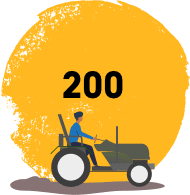
hectares of land converted from non-cultivable to cultivable

million litres of water harvesting potential created
million litres of water storage through farm ponds benefitting 6000 families
Climate Resilient Agriculture
Most of the households in Jharkhand practise rain-fed agriculture and belong to marginalized communities. WOTR supports and shares knowledge on sustainable modern techniques, with an aim to enhance resilience of agriculture to climate change and extreme weather conditions through sustainable agriculture practices. From System of Crop Intensification (SCI) to organic formulations, trainings and demonstrations are provided by WOTR’s agriculture experts.
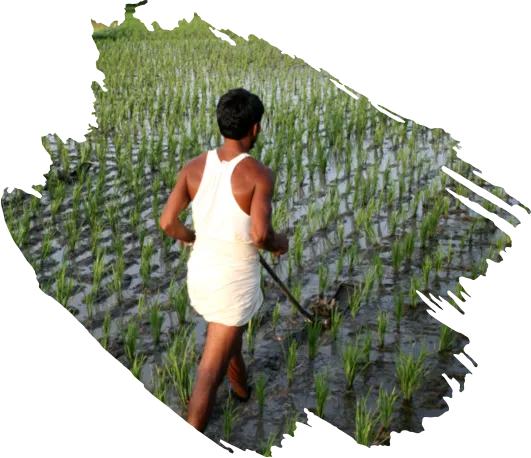
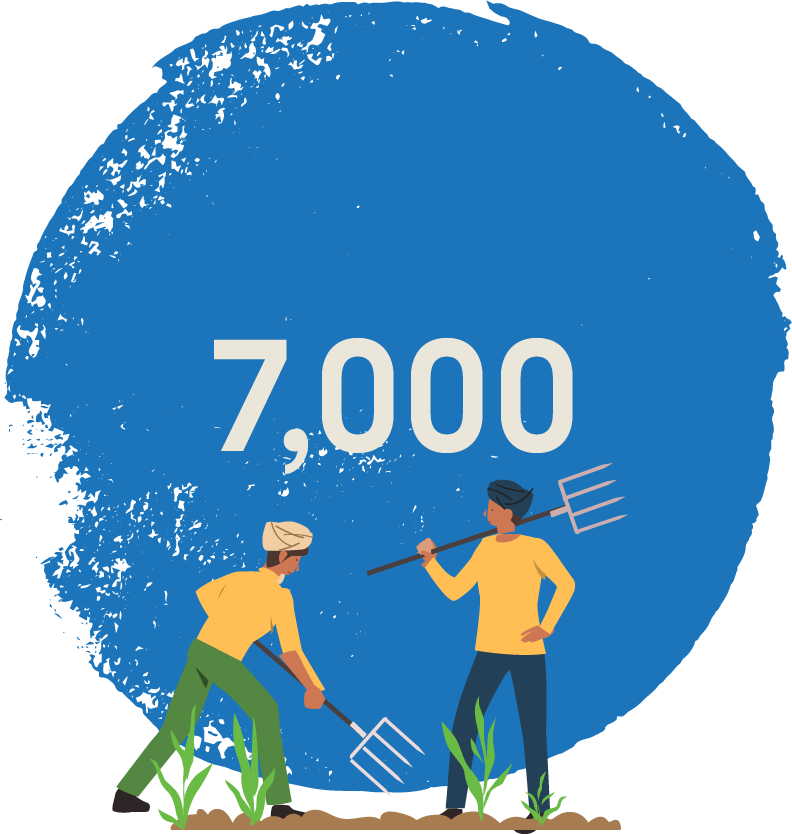
farmers supported on Climate Resilient Agriculture
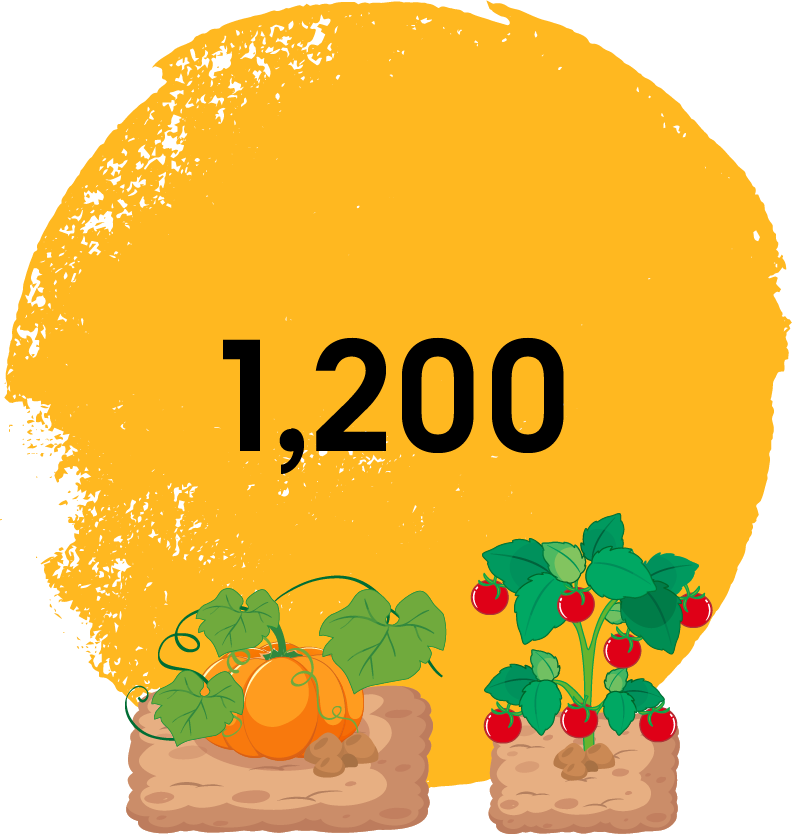
families supported for kitchen gardening
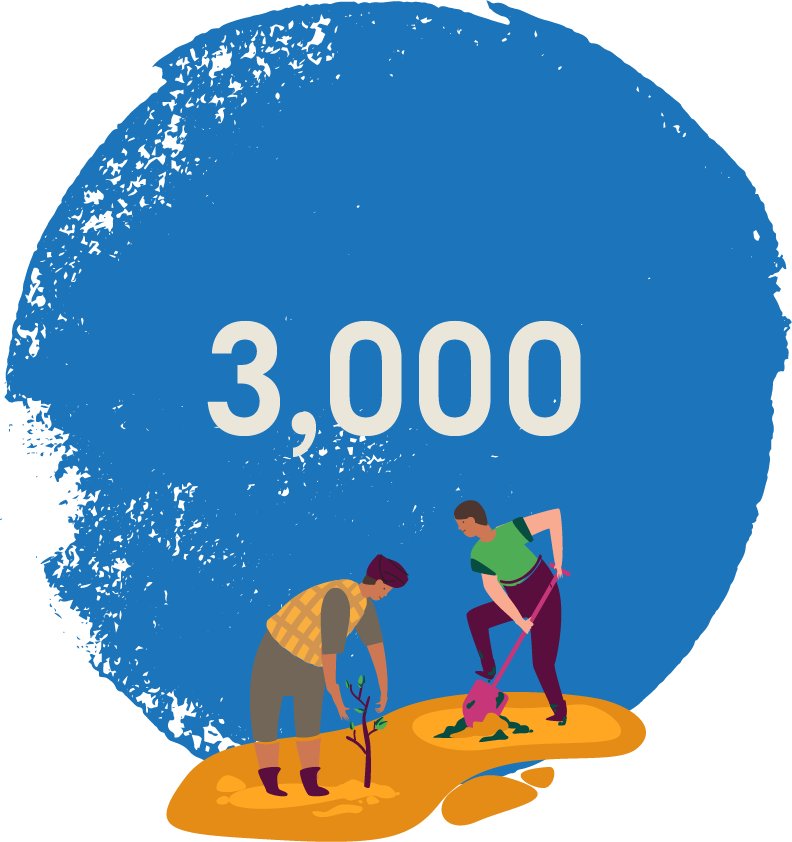
farmers capacitated and supported through sustainable agricultural practices

farming households achieved year round food security
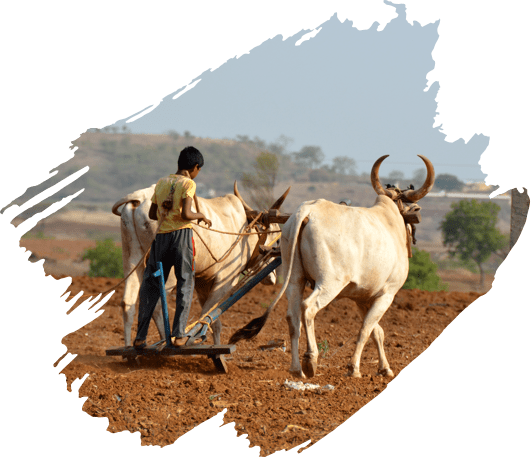
Livelihoods
Agriculture and farm-based activities are the primary sources of income in Jharkhand. WOTR focuses on generating alternative livelihood opportunities through non-farm activities. In 72 villages of Murhu, farmers have adopted lac cultivation, fish farming, poultry and NTFP collection.

households introduced to lac cultivation

households supported with with various livelihood options like backyard
poultry, pig farming, goat farming, fish farming, grocery and tailoring units

542 shareholders in the Birsa Farmers Producer Company promoted
Non Timber Forest Produce (NTFP) collection and marketing
WOTR’s team in Jharkhand has participated in Gram Sabhas to raised awareness on different interventions. Well-being ranking, net planning, PRA and formation of Village Development Committees (VDCs), Self-Help Groups (SHGs) and Sanyukt Mahila Samhiti (SMS) have been initiated at the beginning of every project. WOTR has been building linkages of poor households with different government schemes as well as raising awareness among villagers on schemes beneficial to them.
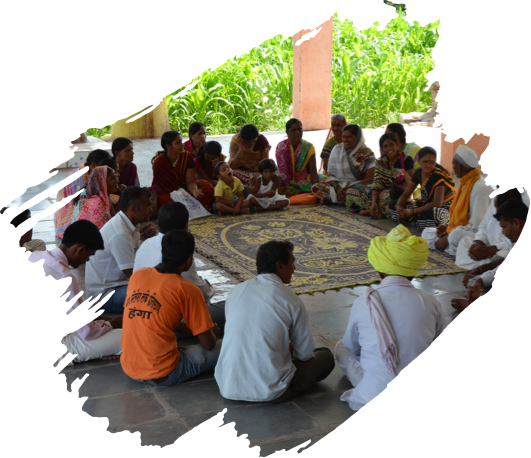

VDCs and 104 SHGs
supported
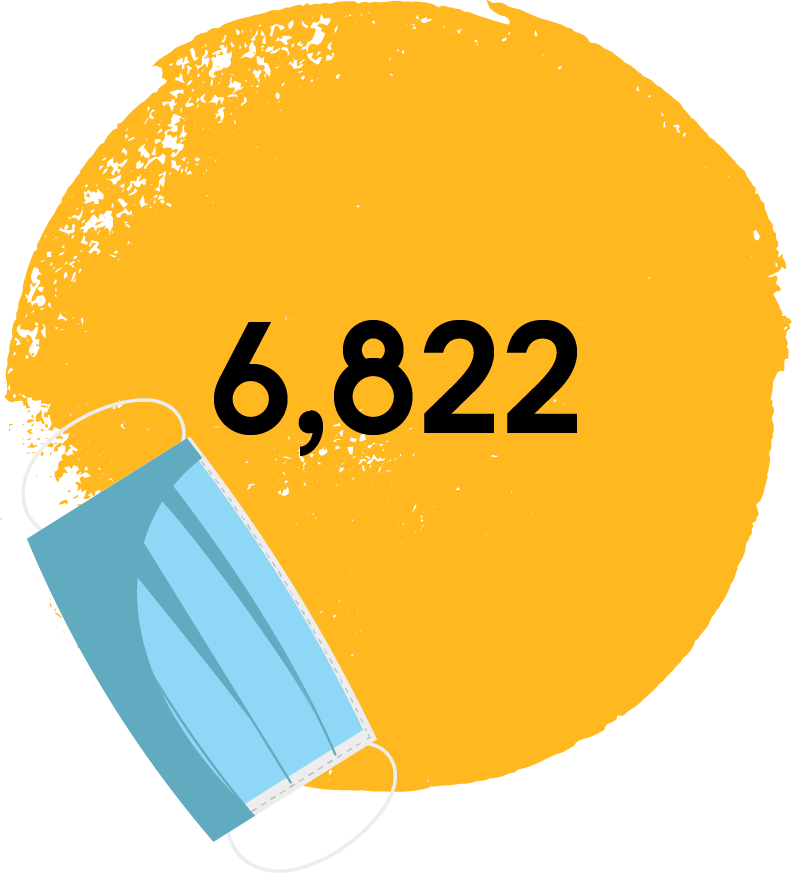
protective face masks prepared and distributed during COVID-19 pandemic
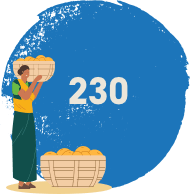

people trained in Ecosystem based Adaptation (EbA)
For more information, download Jharkhand brochure
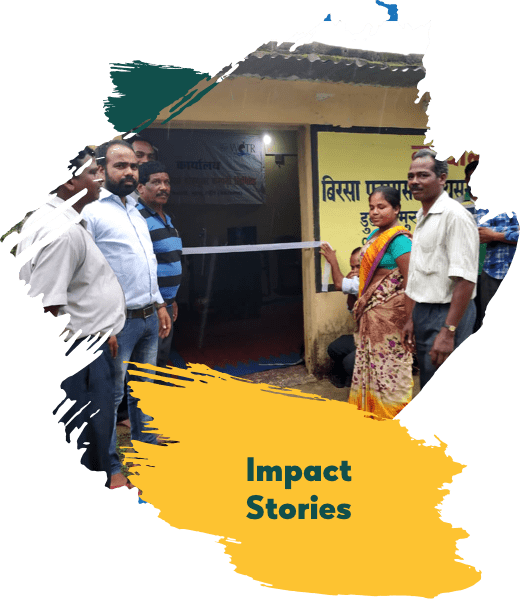
Power of a collective
In order to bypass exploitative middlemen, WOTR guided the tribal villagers of Murhu in kickstarting the Birsa Farmers Producer Company in 2016 – helping them not only obtain
better prices for their produce, but to also cut input costs by establishing an input-procurement shop. Within a year, these small landholder farmers had increased profits and grown the FPO from 51 members to 325!


